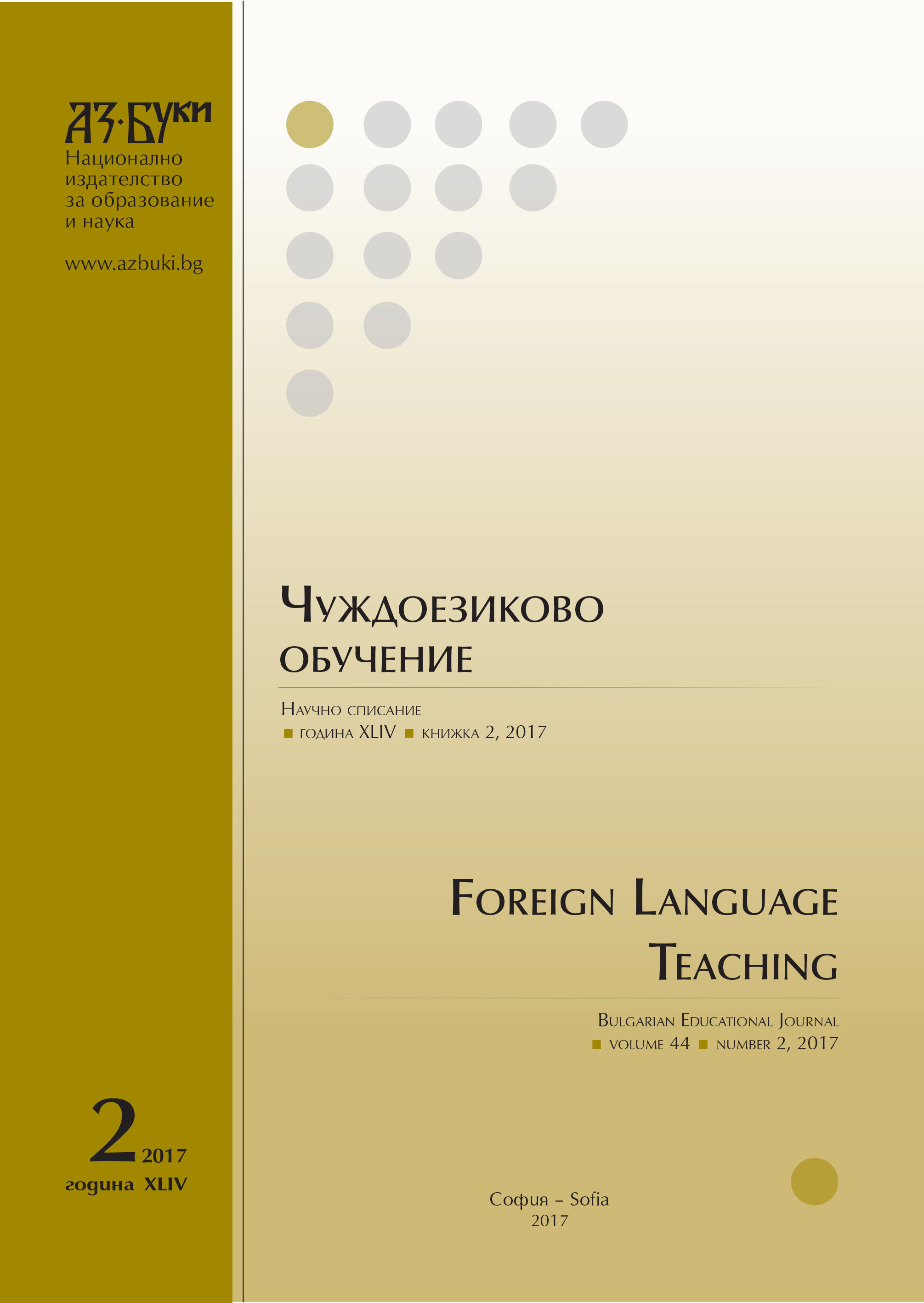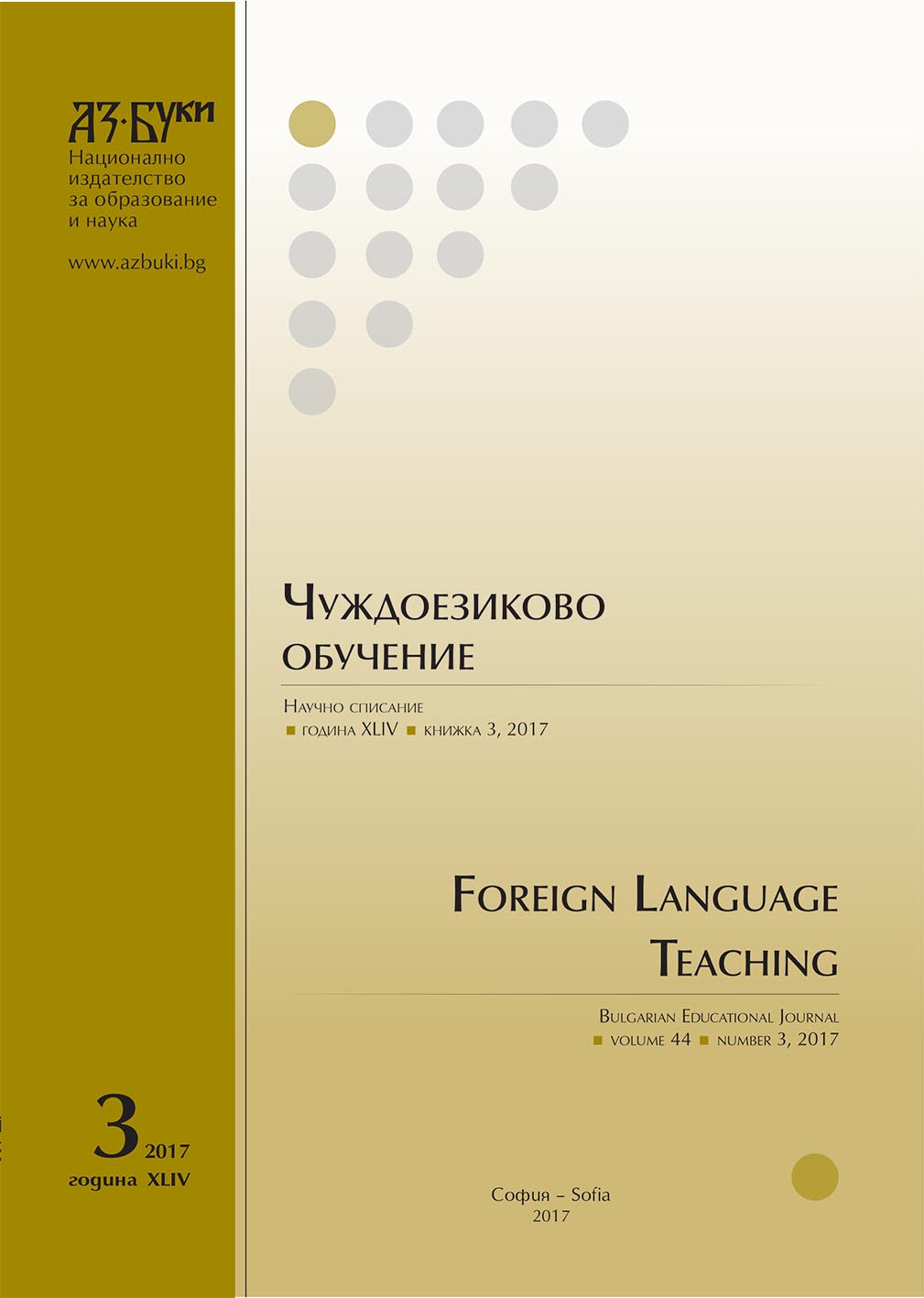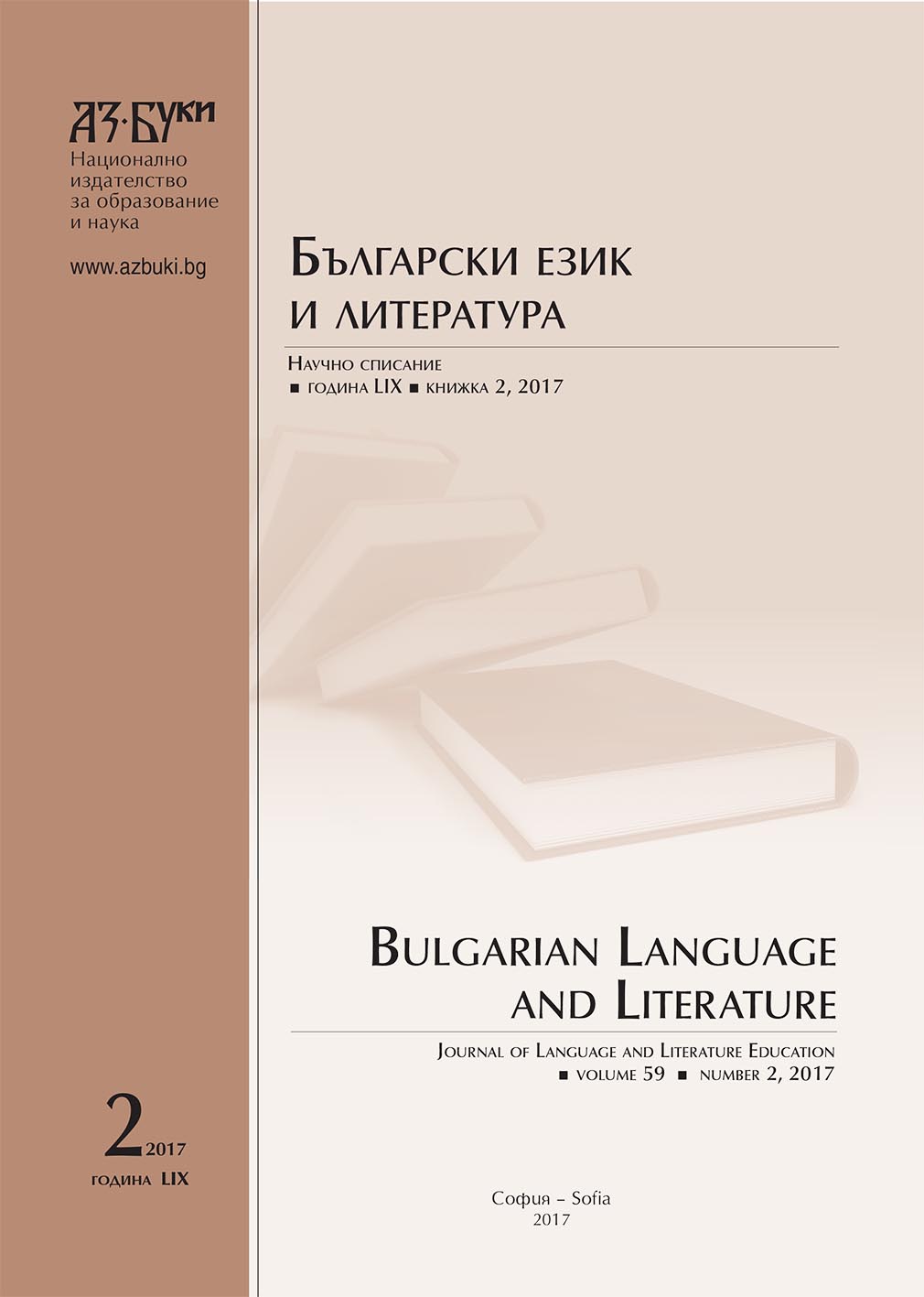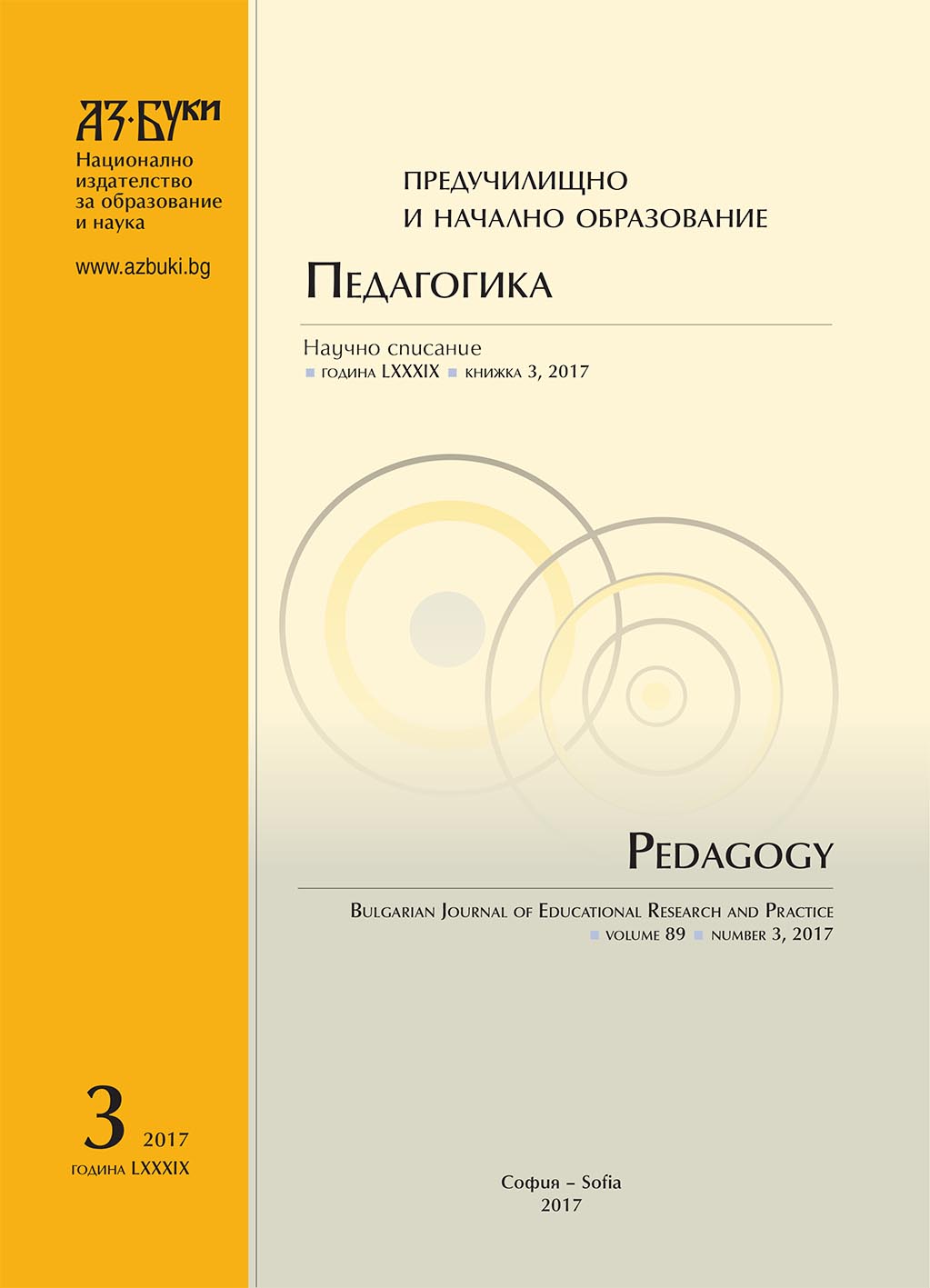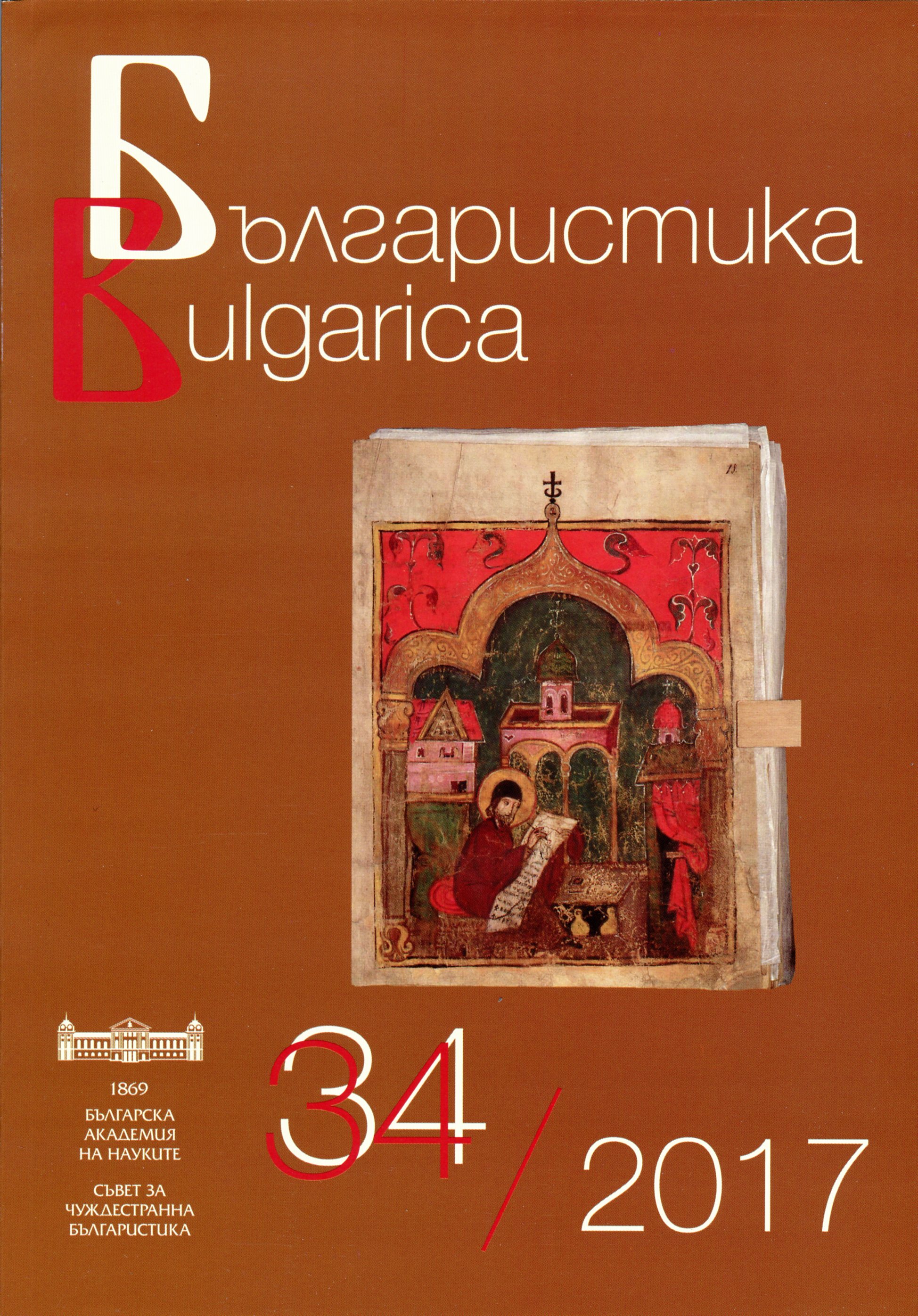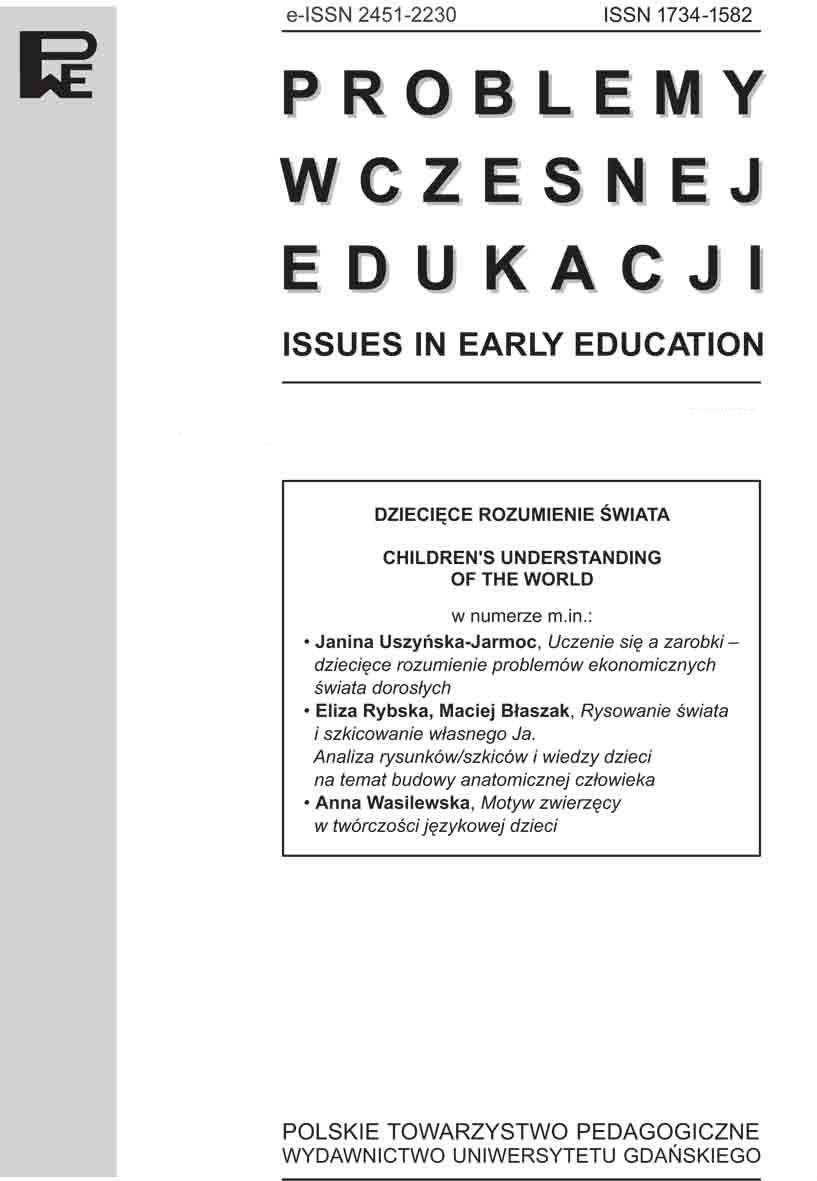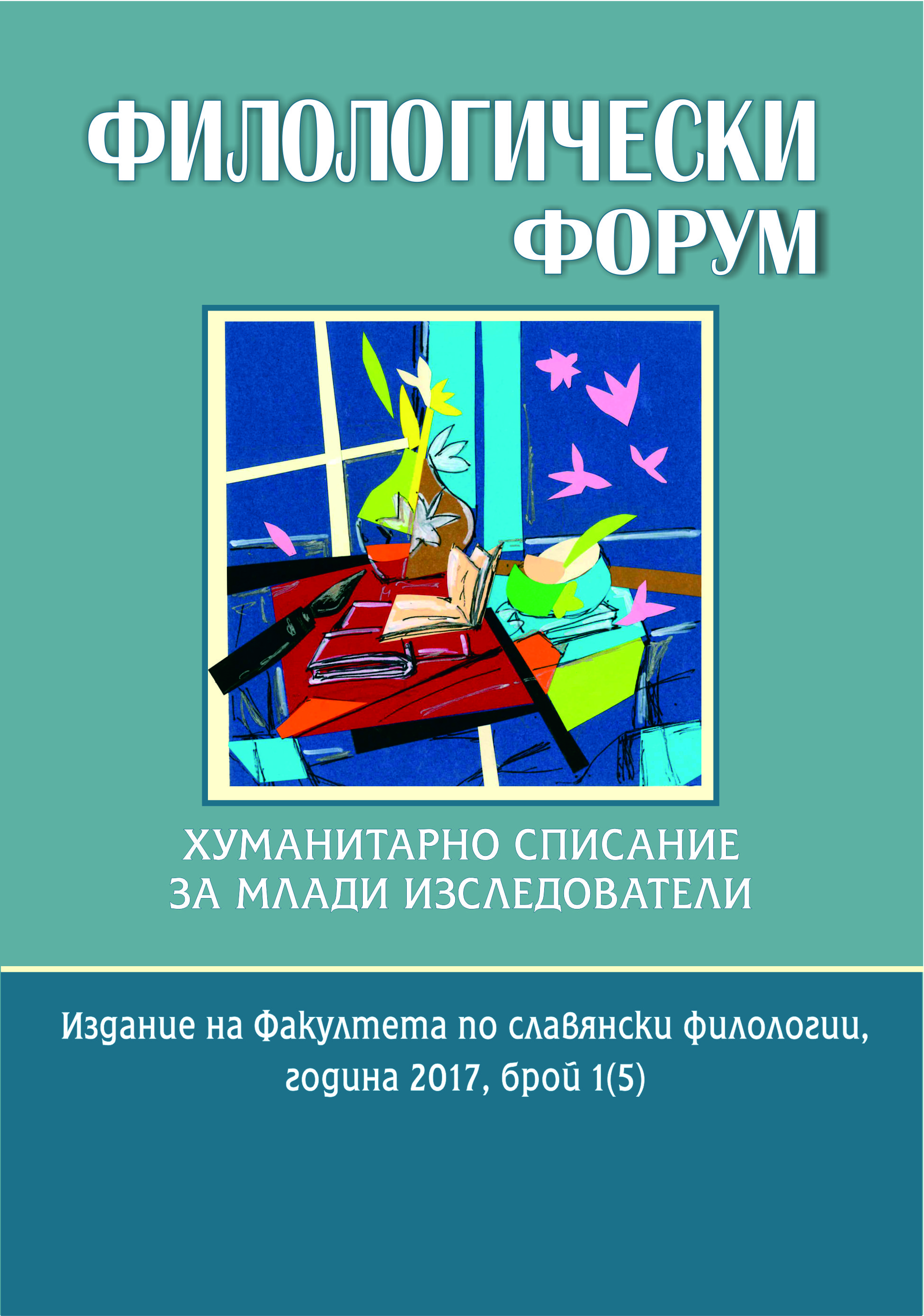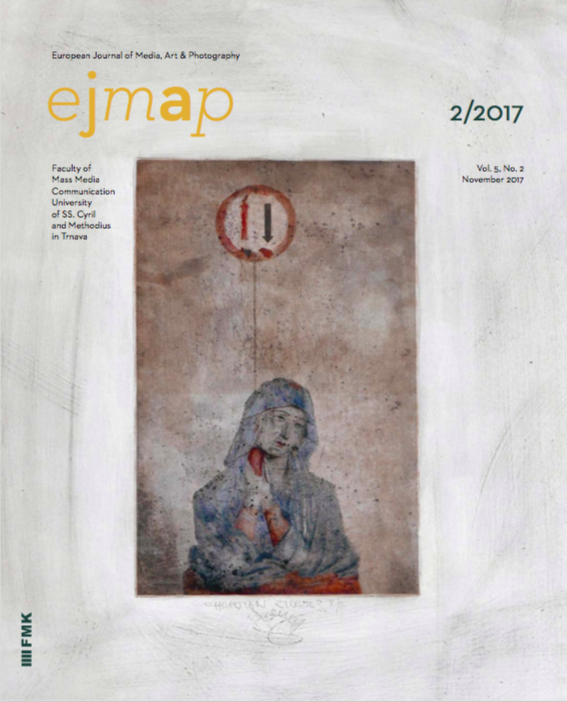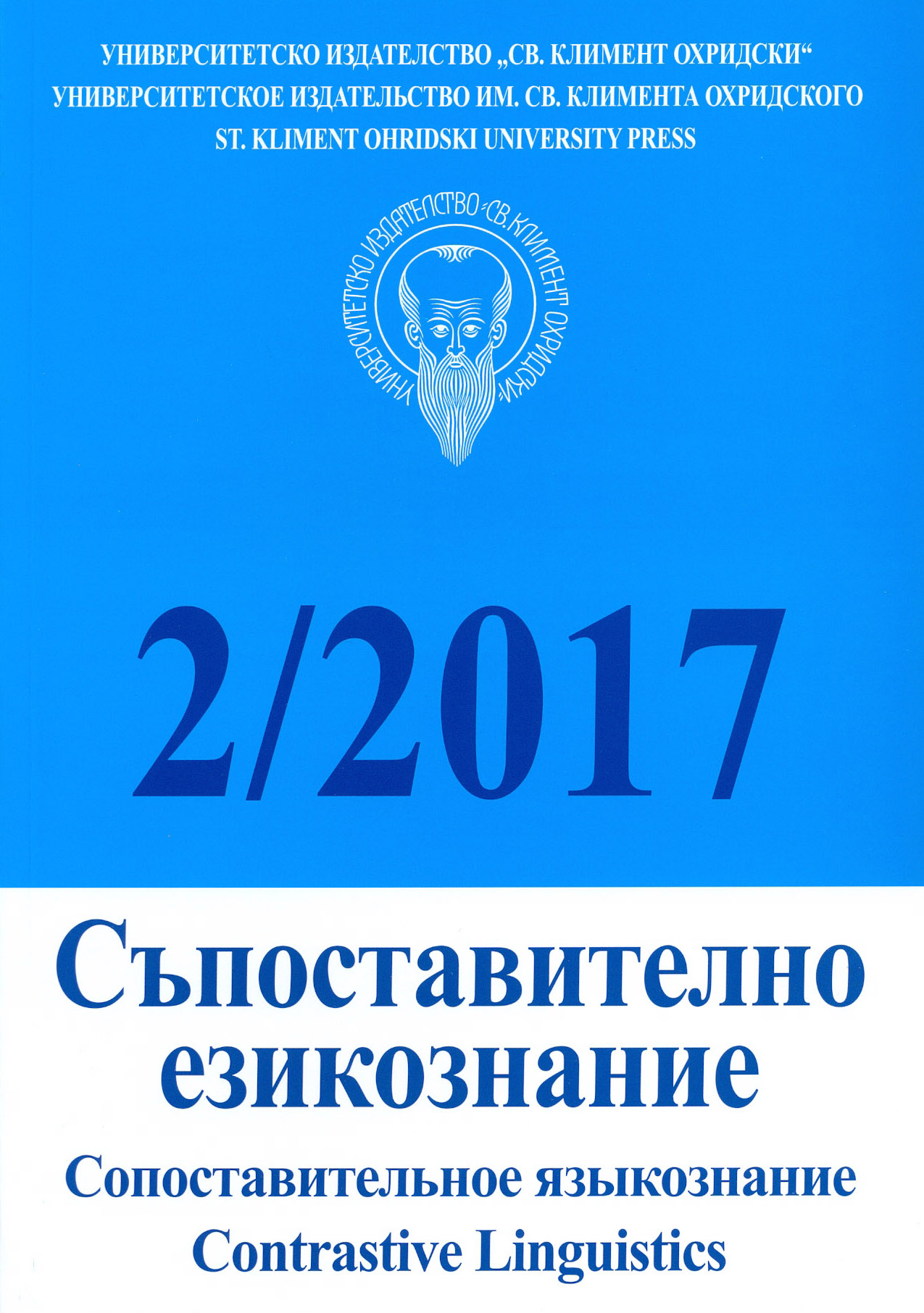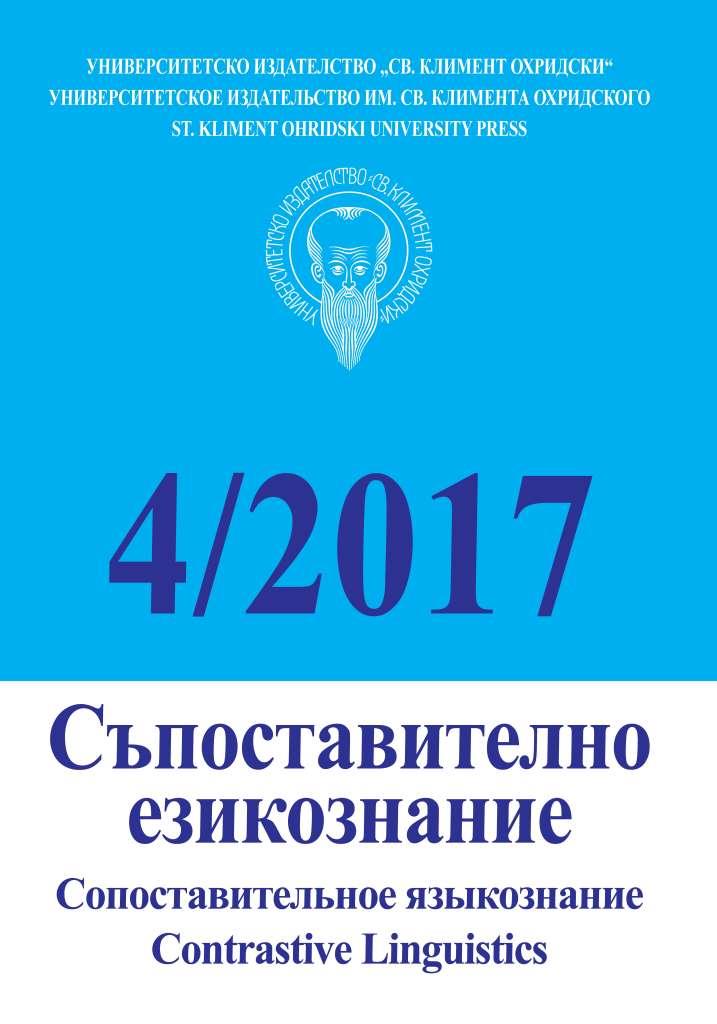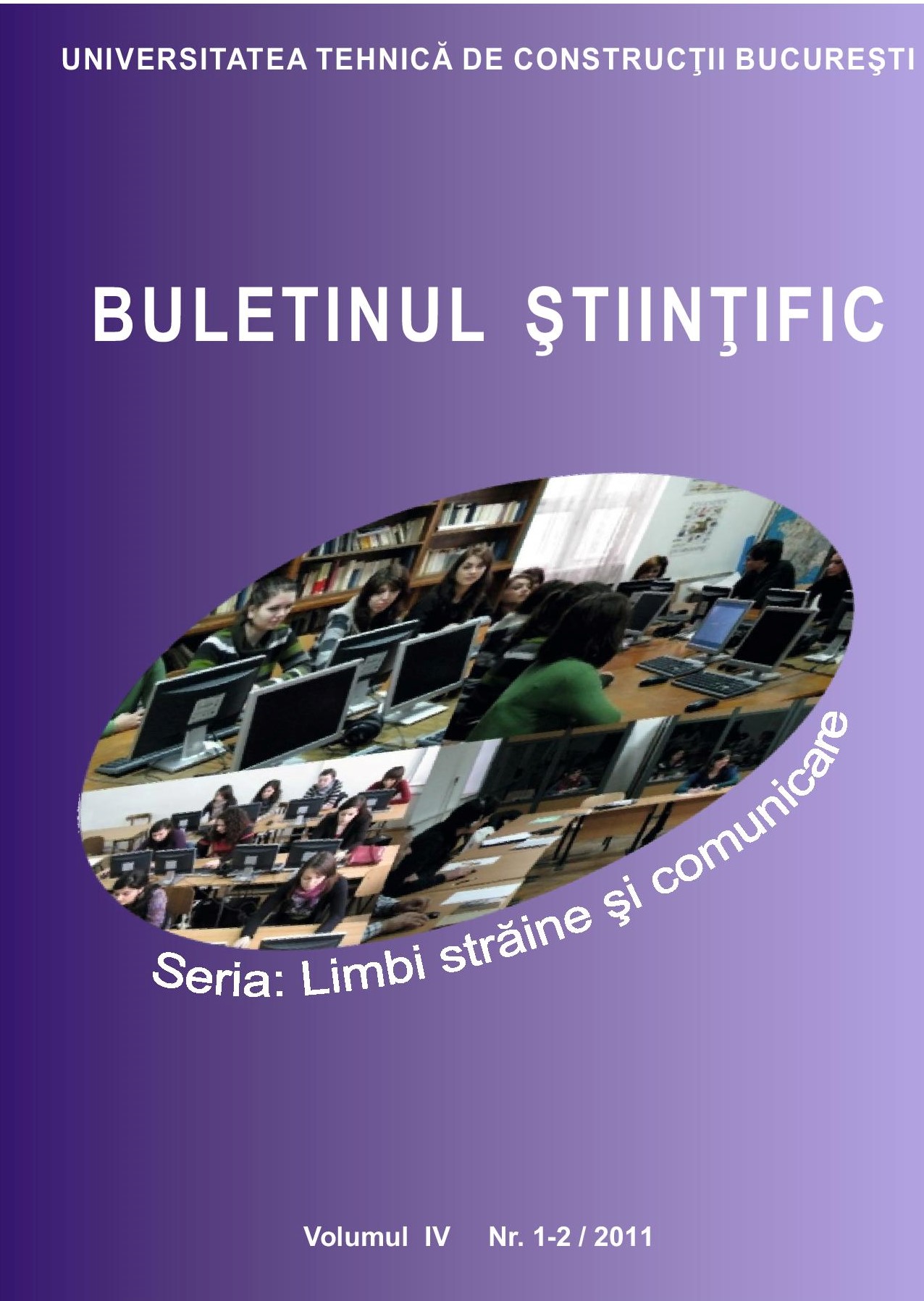
ANALYSES HERMENEUTIQUES DE LA LECTURE DU TEXTE LITTERAIRE
A literary text assumes that the reader proceeds to the analysis of the text, of its author and its socio-cultural context. But what keeps the interest of the reader is the absence of those elements that he usually finds in his cultural reference system. Over the ages, various patterns for the interpretation of reading have been proposed, including those of Friedrich Schleiermacher, Hans Georg Gadamer, Wolfgang Iser. In the 19th century, Schleiermacher suggested a grammatical and a psychological understanding of the literary text, for which it was essential to be familiar not only with the author's cultural context, but also with his life. Later, H. G. Gadamer proposed a constant interpretation of the text, since a perfect overlap with the author’s meaning is impossible, each reading being a new description and any reproduction of the text is actually a deformation of the original intention. In the '60s, W. Iser introduced a new approach to art, a pragmatic analysis of reading, where the literary text is seen as a response to a socio-cultural system, an event that these systems do not admit. The reader tries, with his imagination, to fill in those empty spaces, by means of a direct communication with the text, and finally becomes a creator of meaning. The proposed analyses of reading were for the last two centuries a support for the reader, faced with systems where novelty and uncertainty increasingly occupied a place in the literary text.
More...
